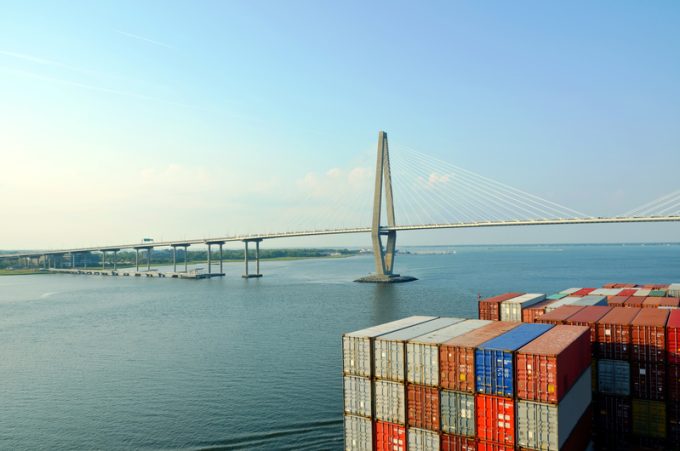News in Brief Podcast | Week 3 | Ceasefire talks, ecommerce and Expeditors
In this episode of The Loadstar’s News in Brief Podcast, host and news reporter Charlotte Goldstone ...

A minor 3% drop this week in the Drewry World Container Index (WCI), continuing a trend which began last week.
Shanghai-US rates were the fastest to dip: Shanghai-LA from a peak of $7,512 in early July to $6,501 yesterday; and Shanghai-NY from $9,612 on 18 July, to $8,931.
This could be little more than a glitch in an otherwise inexorable rise in rates, akin to that seen in the WCI in Q1, which soon reversed.
Indeed, according to Linerlytica, the port of Shanghai ...
Trump tariffs see hundreds of cancelled container bookings a day from Asia
'To ship or not to ship', the question for US importers amid tariff uncertainty
'Chaos after chaos' coming from de minimis changes and more tariffs
'Disastrous' DSV-Schenker merger would 'disrupt European haulage market'
Forto 'sharpens commercial priorities' as it lays off one-third of staff
List of blanked transpac sailings grows as trade war heats up and demand cools
EC approves DSV takeover of DB Schenker
Overcapacity looms for ocean trades – with more blanked sailings inevitable
Amazon Air’s metamorphosis: 'a different air cargo unit from two years ago'
Shippers in Asia restart ocean shipment bookings – but not from China
India withdraws access for Bangladesh transhipments, in 'very harmful' decision
'Tariff hell' leaves industries in limbo – 'not a great environment to plan'

Comment on this article